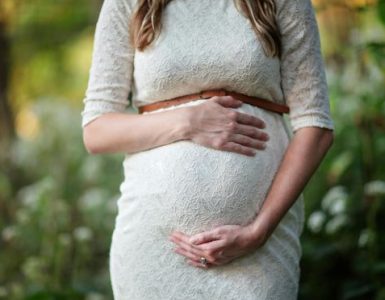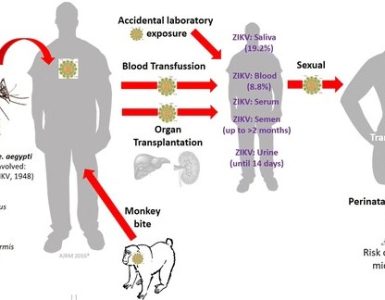
The EU’s response to the outbreak of the H1N1 (“swine flu”) virus in 2009-2010 is scrutinised and found wanting, in a resolution adopted by Parliament on Tuesday which weighs up the cost of vaccination programmes and the relative risks. Suggestions for the future include group purchases of vaccines and tighter safeguards against conflicts of interest.
H1N1 had caused 2,900 deaths in Europe by April 2010, which compares with 40,000 for seasonal flu in a moderate year.
Michèle Rivasi (Greens/EFA, FR), who drafted the report and resolution for the Environment Committee, commented “This report is an important attempt to highlight the concerns that have been raised about the disproportionate response to swine flu in Europe, as well as the potential influence of pharmaceutical companies in response processes.”
Vaccination programmes
EU Member States’ responses ranged from wholesale vaccination programmes to none at all (in the case of Poland). Billions of euros were spent in total. Pointing to the need to reassess vaccination strategies and prevention plans, Parliament urges better cooperation between Member States, such as group purchases of vaccines.
Assessments of and communication about flu outbreaks must be more independent, says the resolution. Safeguards are needed to prevent conflicts of interest. For example, declarations of interest by experts who advise European health authorities should be published. And under EU legislation, full liability for vaccines must lie with the manufacturer, not with Member States.
WHO and EU
The World Health Organisation is asked to review its definition of a “pandemic”, to take into account the severity of the illness, not only the spread of a virus. To buttress the EU’s own risk assessment capacity, the European Centre for Disease Prevention and Control should be equipped to ass
ess risks independently as well as perform its other tasks, say MEPs.
Information to citizens
Consistent communication by the Member States to their citizens is also crucial, believes Parliament. Governments and the Commission are asked to devise better vaccination and communication strategies to build confidence in public health measures designed to prevent pandemics.
The resolution was adopted by show of hands.
Courtesy of European Parliament.

















